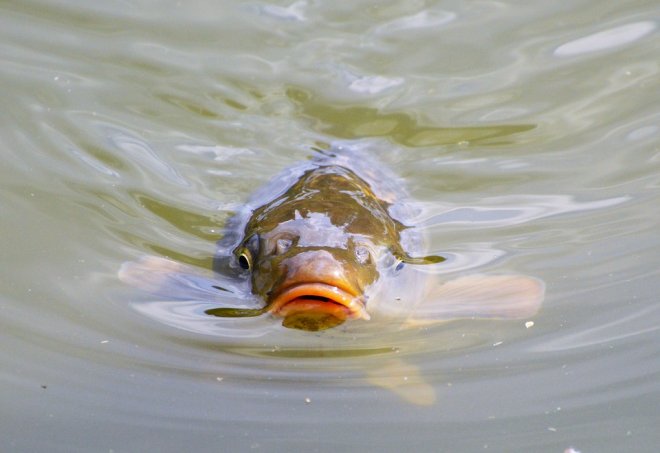
A recent study has revealed that one out of five male fish has turned transgender in the UK due to the contraceptive pills and other chemicals flushed by humans down the household drain. Professor Charles Tyler, a leading fish physiologist and eco-toxicologist carried out this research as the lead researcher with the University of Exeter.
The researchers found that traits of female fish were portrayed by the male river fish and they even produced eggs. They also discovered that some male fish had depleted sperm quality and they also showed less competitive and aggressive behavior. This has resulted in lesser chances to breed as they lack the qualities required to attract female fish.
The study revealed that the chemicals leading to this impact include contraceptive pills, cleaning agents, cosmetics and plastics.
Professor Tyler explained how the impact of these chemicals on the offspring of transgender fish will be even adverse when they get exposed to them again. "We are showing that some of these chemicals can have much wider health effects on fish that we expected. Using specially created transgenic fish that allow us to see responses to these chemicals in the bodies of fish in real time, for example, we have shown that oestrogens found in some plastics affect the valves in the heart," Professor Tyler said.
"Other research has shown that many other chemicals that are discharged through sewage treatment works can affect fish including antidepressant drugs that reduce the natural shyness of some fish species, including the way they react to predators," he added.
The researchers carried out these tests at 50 sites and found that 20 percent of freshwater male fish showed feminine traits. Over 200 chemicals were analysed from the sewage plants and oestrogen-like effects were found in them. It was also found to adversely affect the physiology of the fish. The natural behaviour of fish was also found to be affected by antidepressants.
According to reports, Professor Tyler will present his findings in the opening lecture of the 50th Anniversary Symposium of the Fisheries Society in the British Isles, which will be held at Exeter University from 3 to 7 July 2017. His lecture will focus on protecting the declining population of fish in the seas and rivers which are changing rapidly.









